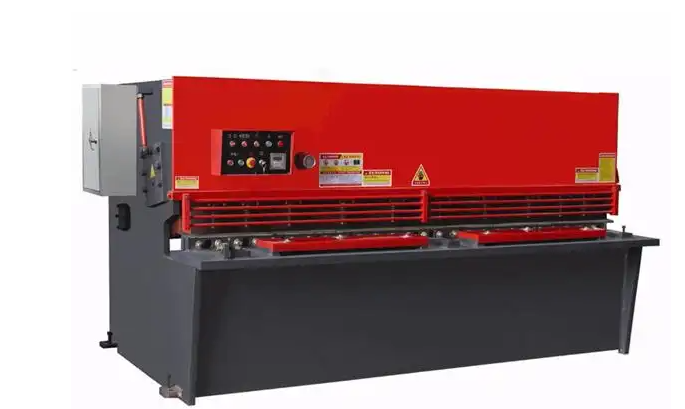What machines are used to make plywood?
Plywood is a versatile engineered wood product made by bonding thin layers of wood veneers together. The manufacturing process involves several specialized machines to ensure efficiency and quality. Below are the key machines used in plywood production.

1. Peeling Machine (Lathe)
The first step involves peeling logs into thin veneers. A rotary lathe spins the log while a sharp blade peels off a continuous sheet of veneer. This machine ensures uniform thickness, which is crucial for plywood quality.

2. Clipping Machine
After peeling, the veneer sheets are cut into desired sizes using a clipping machine. This equipment trims defects and divides the veneer into manageable sections for further processing.

3. Drying Machine
Freshly cut veneers contain high moisture content, which must be reduced to prevent warping. Industrial dryers, often heated by gas or steam, remove excess moisture to stabilize the wood.

4. Glue Spreader
Before layering, adhesive is applied evenly using a glue spreader. This machine ensures consistent glue application, which is vital for strong bonding between veneers.

5. Cold and Hot Presses
The layered veneers are first compressed in a cold press to set the glue. They then move to a hot press, where heat and pressure activate the adhesive, creating a strong, durable bond.

6. Sanding Machine
After pressing, plywood sheets are sanded to achieve a smooth surface. Automated sanding machines use abrasive belts to remove imperfections and ensure uniform thickness.

7. Cutting and Finishing Machines
Finally, large plywood panels are trimmed to standard sizes using saws. Additional finishing machines may apply coatings or laminates for enhanced durability and appearance.
Conclusion
Plywood manufacturing relies on a series of specialized machines, from peeling and drying to pressing and finishing. These machines work together to produce high-quality plywood efficiently, making it a widely used material in construction and furniture-making.





